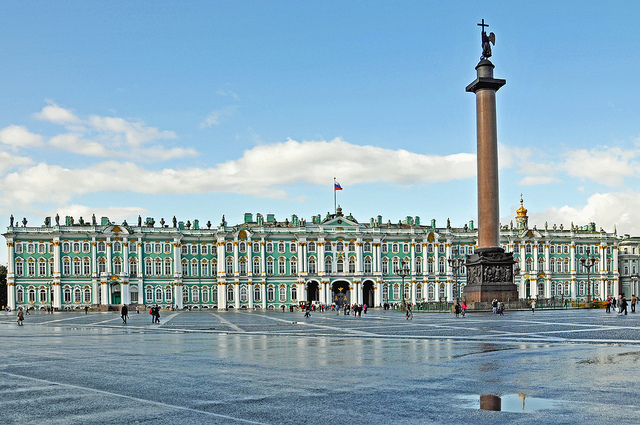A sharp drop in the oil price has caused concerns over the potential damage to the Russian economy and has led the Russian central bank to raise official interest rates sharply to stabilize its currency. This Market Update sets out what is happening in the Russian markets, with comments from Fidelity Worldwide Investments.
Following international sanctions in protest at Russia’s expansionist policies in the Ukraine and most recently a sharp drop in the oil price, investors have become increasingly concerned about the potential damage this will have to the Russian economy as a major producer and exporter of oil. “We estimate that a 10% drop in oil prices can shave up to 1.3 percentage points off Russian GDP growth”, said the team of experts from Fidelity WI in an market analysis.
The Russian rouble has borne the brunt of these concerns (chart 2), depreciating dramatically against the US Dollar. Russian asset prices have also been falling across the board, with the stock market down over 8% in December, Russian 10 year government bond yields rising 5 percentage points to over 15% and 5 year Russian sovereign CDS rising from 318bp to over 620bp. The Central Bank of Russia (CBR) raised overnight interest rates by 1% less than a week ago but a further 10% slide in the currency yesterday prompted it to hike rates by another 6.5% to 17%.
“The CBR’s aim is to slow the depreciation of its currency rather than to achieve a reversal of direction per se. It is very concerned by the disorderly and dysfunctional way in which the currency has been trading. Rather than spend its foreign exchange reserves, which proved a costly and ineffective strategy in 2008, the CBR has decided to use the blunt tool of interest rate rises. Over the longer term, this should be effective in slowing an uncontrolled depreciation of the rouble by making it costly to sell the currency; however, in the short run the oil price is likely to be the most important determinant of the direction of the rouble”, explains Fidelity WI.
Could the Russian state be forced into defaulting on its debt, as it did in 1998?, ask the experts from the firm. “Overall, this seems unlikely. While there are some worrying parallels with 1998 when the oil price was also falling and Russia was also involved in an international conflict (an expensive campaign in Chechnya), the Russian government balance sheet today is much stronger than in 1998. General government debt is around 10% of GDP, whereas in 1998 it was 100%. The other main difference today is the CBR’s willingness to let the exchange rate float freely. As a result, unlike in 1998 a falling Rouble today can act as a shock absorber by balancing the dollar oil price falls and keeping fiscal balances stable”, they conclude.


